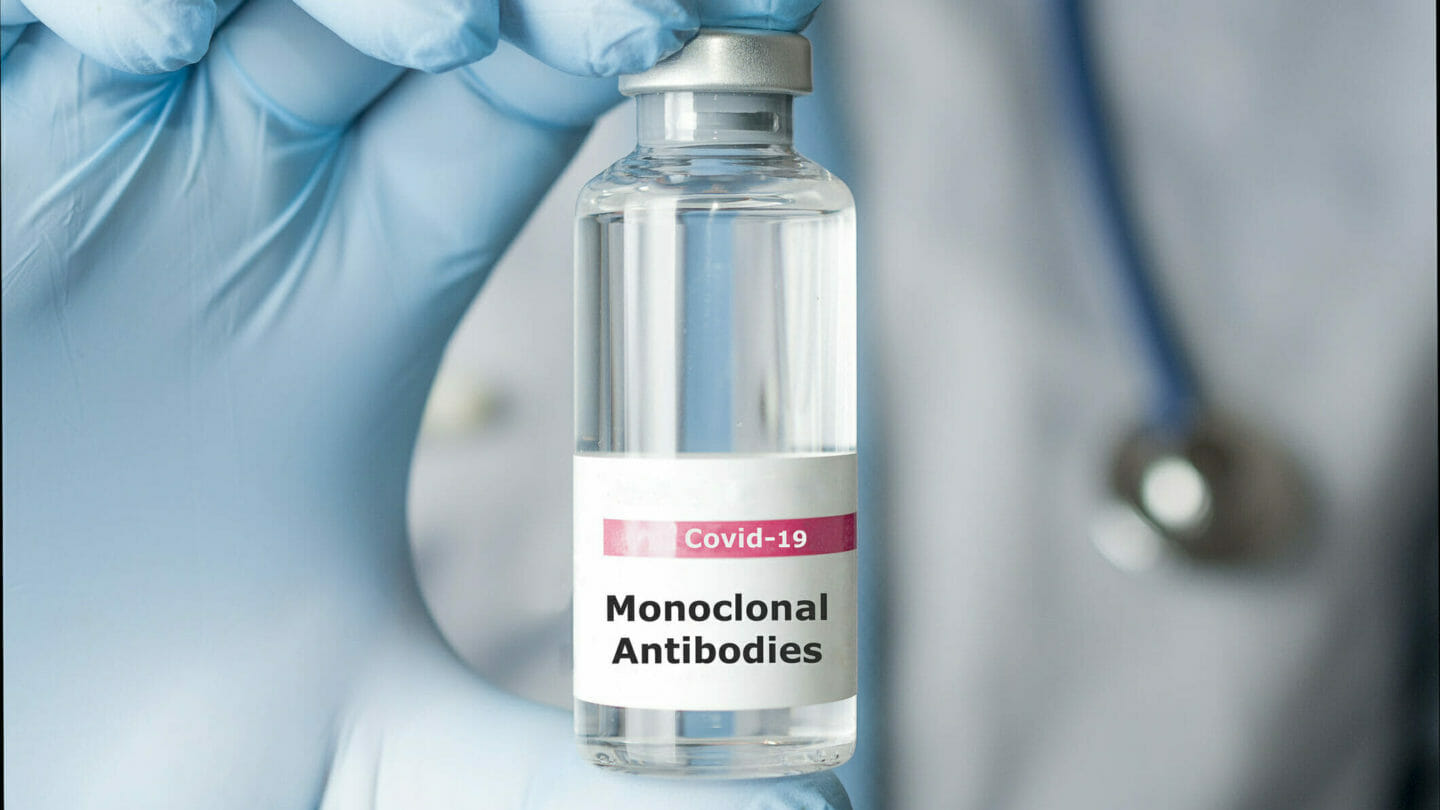
The monoclonal antibody sotrovimab is no longer authorized for the treatment of COVID-19 in eight states and two territories where the omicron BA.2 sub-variant accounts for at least half of the infections, the Food and Drug Administration has announced.
Monoclonal antibodies protect against illness or severe illness by blocking a virus’s ability to reproduce in the body. Sotrovimab was authorized in May 2021 and for a brief time in January was the only authorized monoclonal antibody COVID-19 treatment available after other drugs in its class proved ineffective against the first omicron variant, BA.1.
On Friday, the FDA said that sotrovimab is not effective against emerging sub-variant BA.2, and for that reason is no longer recommended for use in Maine, Massachusetts, New Hampshire, Rhode Island, Vermont, New Jersey and New York. It also is no longer authorized in the territories of Puerto Rico and the Virgin Islands.
The BA.2 variant is now estimated to account for more than 50% of cases in those states and territories, based on Centers for Disease Control and Prevention data.
Remaining treatments
The FDA steered healthcare providers to other COVID-19 therapies it said are expected to remain effective against the sub-variant. These include Paxlovid, Veklury (remdesivir), bebtelovimab, and Lagevrio (molnupiravir). These drugs are variously authorized or approved to treat certain patients with mild-to-moderate COVID-19 who are at severe illness.
Earlier plans to purchase more of the drug have been scrapped due in part to a lack of funding approval by Congress, according to Endpoints News. Biden administration officials have predicted that the current lack of funding will lead to shortages of some drugs. Paxlovid, for example, requires advance purchase commitments due to its six-month manufacturing period, the news outlet reported.
The FDA referred providers to a fact sheet on the authorized use of the drug.




